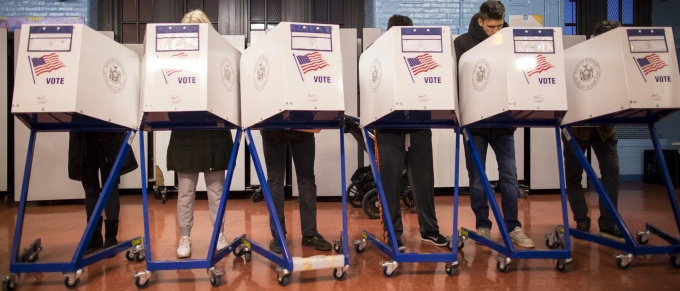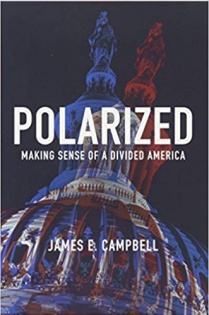Research Areas

While faculty members in the Department of Political Science have developed teaching and research programs that straddle several subfields of the discipline, we have relatively well-defined strengths in four subfields of political science:
American Politics
One of our department’s strengths is in the study of the domestic politics of the U.S.A., alone and in comparative perspective. A number of faculty members in the department specialize in the field of American politics. Our faculty in this subfield focus on (among other things) the organization of legislative bodies at the national and state level, the study of public opinion, the electoral process and political campaigns, political communication, election administration, Presidential-legislative relations and voting behavior.
Comparative Politics
Our department has traditionally been strong in the study of comparative politics, a subfield defined both by its methods (comparisons) and by virtue of its focus on the politics and government of countries other than the U.S. Research programs in the department focus on, among other things, comparative political economy, civil unrest and political violence, conflict management, comparative political behavior, political parties and elections and the politics of subnational diversity. Europe and Anglo-American democracies (especially Canada) are among the geographic areas of particular interest in the department.
International Relations
Our department is well-known for its contributions in the field of international relations. Several faculty have developed active teaching and research programs that focus on such topics international conflict and conflict processes, deterrence, terrorism, international organizations, international political economy, and trade, sanctions and foreign aid. Several faculty members have interests in formal modeling and game theory.
Public Law
Several members of our faculty have active research programs in the field of public law and judicial politics. Of particular interest are applications of computational text analysis to the study of legal and judicial reasoning, civil rights and housing policy. Adding to our capabilities in the field is our close relationship with UB’s Law School and the Baldy Center for Law & Social Policy.
"The department is diverse in terms of research focus and this is really helpful for students who are still trying to figure out their research interests. It has created a culture where you can find adequate support for your work, unique as it might be." – Samaila Adelaiye, PhD student

"Polarized: Making Sense of a Divided American" by Prof. James E. Campbell was recently released in paperback.


